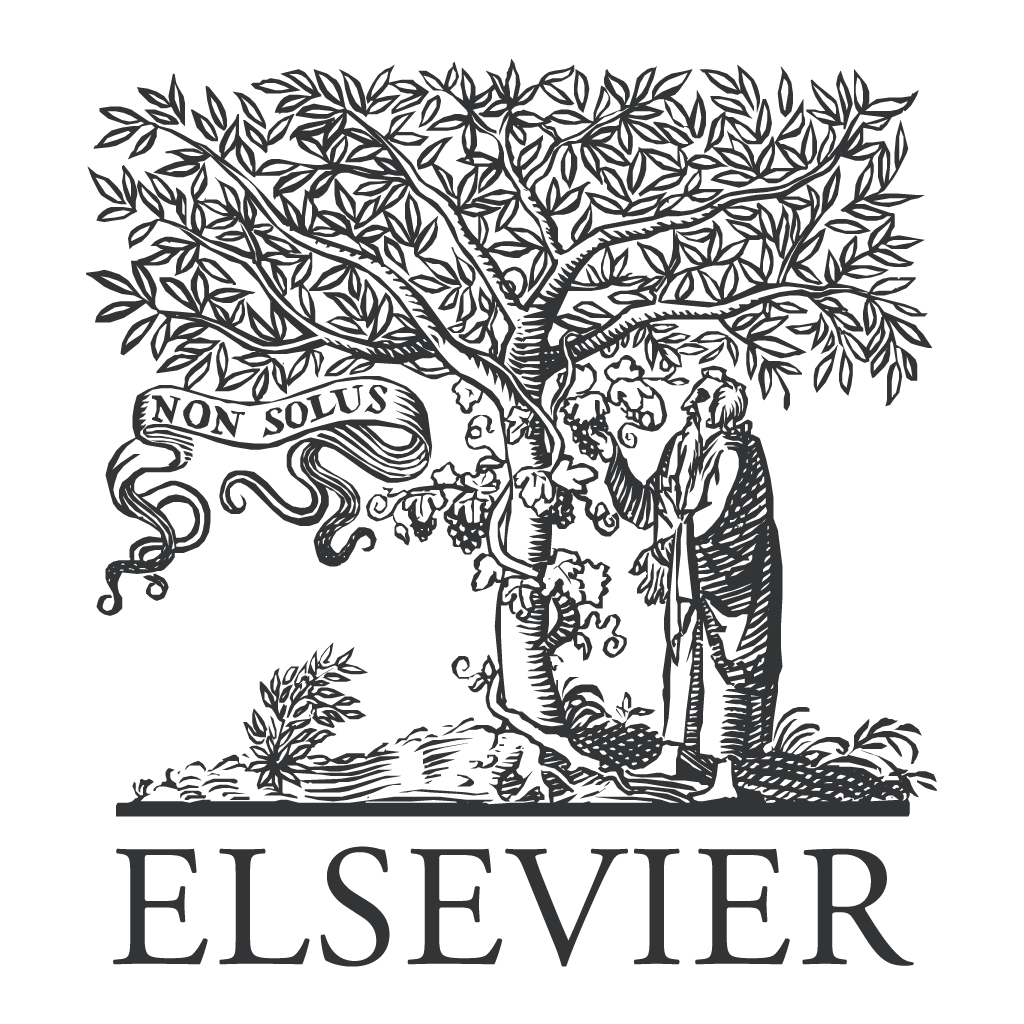
20Mar
Circular economy strategies for adaptive reuse of cultural heritage buildings to reduce environmental impacts
We are happy to announce that the article Circular economy strategies for adaptive reuse of cultural heritage buildings to reduce environmental impacts by Gillian Foster from CLIC Partner WU – Vienna University of Economics and Business, won the February 2020 Elsevier Atlas Award for “research that could significantly impact people’s lives around the world”.
The article presents a comprehensive framework to describe and assess environmental circularity for existing buildings and heritage-led development. Buildings provide shelter, health, and well-being. They also consume significant natural resources and generate a large proportion of greenhouse gas. Cultural heritage buildings uniquely define the urban landscape, connecting past, present, and future generations. Communities across the globe seek to develop in a sustainable low-carbon way that uplifts under-used cultural heritage and reduces pressure on the environment by limiting materials and energy used. Foster explains a new tool for all stakeholders that improves the environmental outcomes of cultural heritage buildings at every stage of their long lifespans. Therefore, the article contributes to SDG 12 Responsible Production and Consumption.
